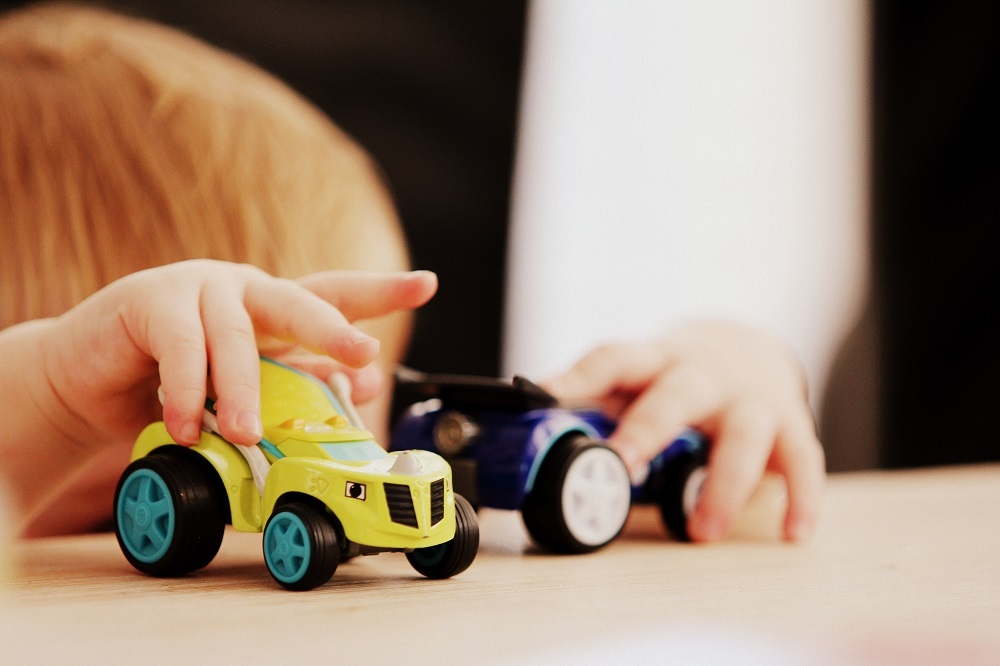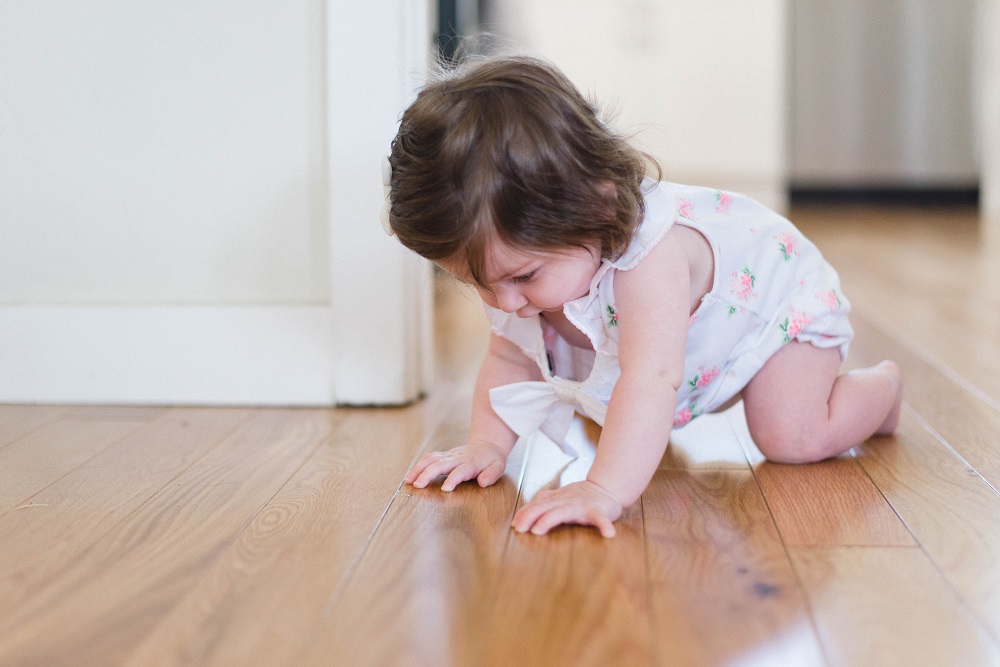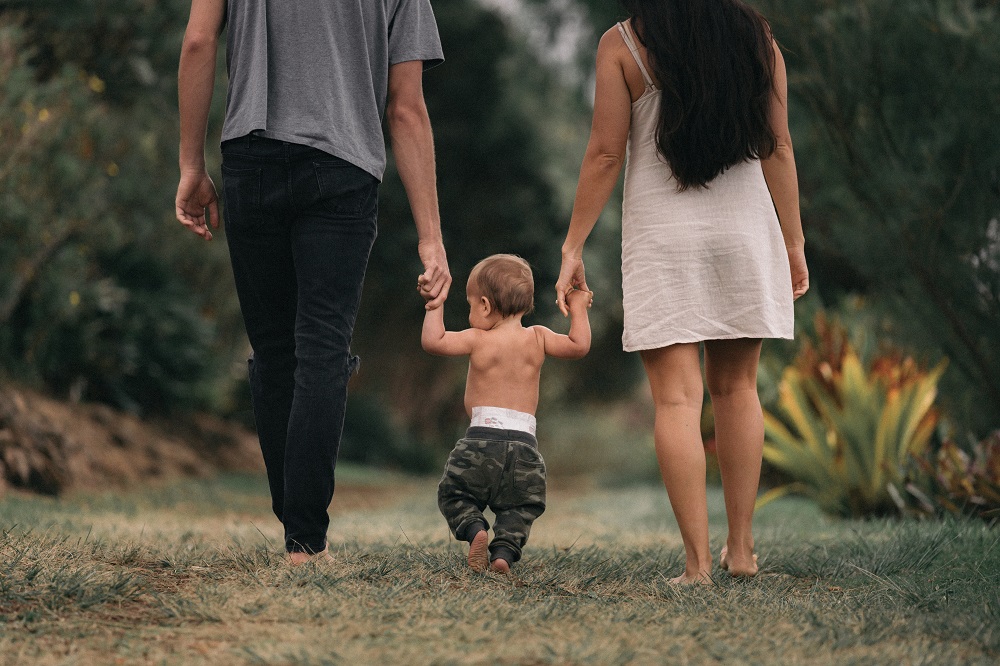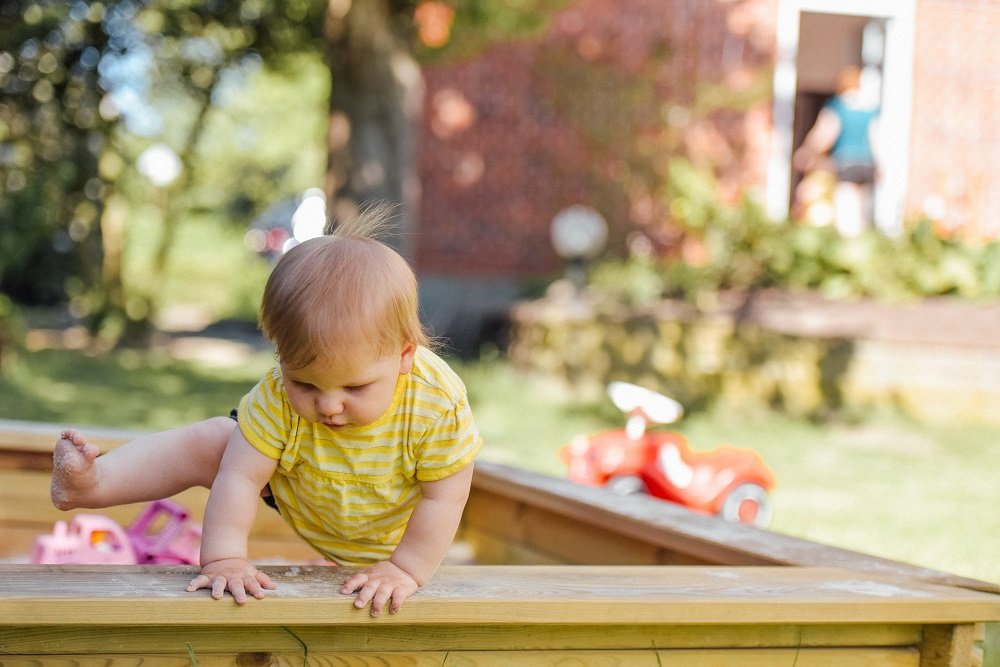4 Important Early Childhood Milestones
Your child's experiences in the early months are some of the most important they will ever have. They will affect their health, well-being, and coping skills for the rest of their life. That's why it's crucial to pay attention to your early childhood milestones as they are happening.
A milestone is considered to be anything that most children should be able to do by a certain age, called developmental milestones. Most experts divide child development into 5 areas: physical, social, emotional, cognitive, and language. At age 3, your child has experienced only some of these areas, but learning about them can help guide you through your child's development and recognize if your child is experiencing developmental delays.
At the same time, it is equally important to remember that developmental milestones are not a one-size-fits-all concept; every child develops at their own pace. However, there are certain age ranges where children typically reach specific milestones. For instance, most children start walking independently between 12 and 14 months, while others may start earlier or later. It’s essential to keep in mind that these milestones serve as a guide, and some children may need more time to master certain skills.
1. Grasping

Learning how to grasp objects is one of the most useful things to learn in the early stages of a baby's development. It allows your child to play, feed themselves, self-care, draw, and eventually read and write. This typically happens within the first 3 months and progresses further with each month after. Grasping might begin early, but it won't be perfected until 9 to 12 months.
This skill is one of the first things your child should do before the age of 3. It will help show you whether or not your child is experiencing any developmental delays. You can help this skill progress faster by putting a colorful object or toy slightly out of reach, forcing them to try and grab it.
2. Crawling

Crawling is one of the first methods that your child will use to get around efficiently. This usually happens between 7 and 10 months. They will figure out how to move forward and backward by using their knees. This allows your baby to strengthen the muscles that they will eventually need to walk. There are also alternatives to crawling, such as shuffling, scooting, slithering on their stomach, or even rolling across the room.
It doesn't matter how they get around; the important part is that they're being mobile. It's important to encourage your baby to crawl, as it is one of the core things your child should do by the age of 3.
The best way to do this is by reaching out with your arms to encourage them to come to you. The American Academy of Pediatrics also suggests using pillows and boxes to make an obstacle course for them. This will help them improve the confidence and agility that will lead to them walking, supporting their overall developmental health.
3. Walking

Most babies start to take their first steps anywhere between 9 and 12 months and are walking by the time they're 14 or 15 months. You shouldn't worry if your child takes a little longer - some children don't start walking until they are 17 to 19 months old. This all depends on the amount of muscle and coordination progression that happens within the first year. During their first year, they'll learn to sit, roll, and crawl, until they can use their arms to pull themselves up and stand at about 9 months.
After they learn to stand, it's all about learning confidence and balance. As a parent, you play a vital role in this developmental process. You can encourage your baby to walk by standing or kneeling in front of them and holding out your hands. You could also use toys that allow your baby to lean on them and walk around the room. It's important to know the things your child should do by the age of 3, like walking, to ensure that they aren't experiencing any developmental delays.
4. Talking

Although your baby will be learning language skills long before they utter their first word, children typically develop the skill to talk between 18 months and 2 years. Children begin to use their lips, tongue, and emerging teeth to make any sounds they possibly can until those sounds become words, and those words become sentences. The most basic words such as "mama" or "dada" can slip out as early as 6 months. From then on, they will begin to learn small sentences, ranging from two to four words.
As your child starts to use developmental and emotional skills, you will start to see an increase in words they can use to describe what they see, hear, feel, think, and - most importantly - want. If you see that your child isn't progressing with this skill or isn't making eye contact with you, it might mean that your child is experiencing a developmental delay or a learning disorder such as
Eye contact is a very important non-verbal communication language at any age, and consistent avoidance of eye contact could be a reason for concern. If this is the case, you should consult a pediatrician or set up a screening with one of our Service Coordinators since this is one of the most important things your child should be doing before the age of 3.
Supporting a Child’s Development
Supporting a child’s development is a collaborative effort between parents, caregivers, and healthcare professionals. Early intervention is critical in addressing any developmental delays or concerns. Here are some ways to support a child’s development:
-
Provide a nurturing environment: Create a safe and stimulating environment that encourages exploration and learning.
-
Encourage play: Play is an essential part of child development, as it helps children develop social, emotional, and cognitive skills.
-
Talk and read: Engage in conversations with your child, and read books together to promote language development and literacy skills.
-
Offer opportunities for physical activity: Regular physical activity helps children develop gross and fine motor skills, as well as overall physical health.
-
Monitor progress: Keep track of your child’s milestones and discuss any concerns with your child’s doctor or one of our specialists here at ECCM.
-
Seek early intervention: If you suspect a developmental delay, consult with an ECCM coordinator to learn more about early intervention services, such as physical therapy or speech therapy.
By understanding developmental milestones and supporting a child’s development, parents and caregivers can help children reach their full potential and address any concerns or delays early on.
Reach Early Childhood Milestones with ECCM
If you believe your child might be experiencing developmental delays, reach out to the ECCM team and we can set up an early intervention screening. During this screening, you will be able to find out if your concerns are truly developmental delays or not.
Rest assured, there's no need to worry if you find out that your child requires early intervention services. Our Service Coordinators will help you from beginning to end!

